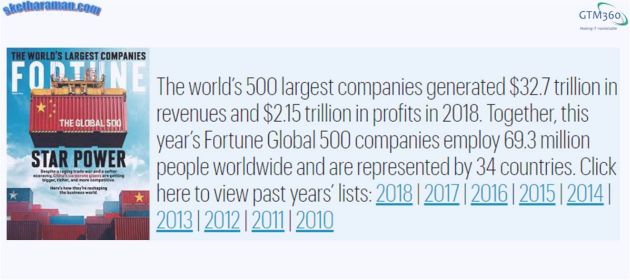One or the other startup founder regularly asks on social media whether angel investors can steal their ideas. This question on Quora is a recent example.
 Yes, angel investors can steal ideas.
Yes, angel investors can steal ideas.
Whether they actually do is a trade secret and you’re unlikely to find any mea culpas in an open forum!
What you’re likely to find on Quora and other social networks is the bold proclamation that “ideas are worthless, only execution matters“.
I reject this notion for more reasons than one:
- Execution is equally worthless without an idea.
https://twitter.com/JulianCox_F_Hot/status/1224195153923133440
- Garrett Camp was worth $2.2 billion in Uber shares on the day of the rideshare giant’s IPO. Per Silicon Valley legend, his only contributions as the original founder of Uber were (1) the idea of ridesharing, and (2) finding Travis Kalanick, the co-founder, to execute it. So ideas are worth something. (It was found out later that the idea of rideshare was invented by another startup called Sidecar. So, effectively, Garrett Camp’s contribution was to get Travis Kalanick to execute Sidecar’s idea, for which he pocked a cool couple of billions!)
- The pitch deck circulated by founders to angel investors contains not just the idea but details of business model, GTM strategy, financial projections, and so forth. So what can be stolen is much more than the idea.
Some self-styled mentors give the following tips to founders mitigate the risk of ideas getting stolen.
- Expose your idea only to trusted angel investors. First time founders are unlikely to have such a large network of potential angel investors that they can afford to cherry pick only “trusted angel investors”.
- Share information with angel investors in drip feed mode. Many angel investments close in a matter of days, some even in hours during speed-dating sessions. There simply isn’t enough time to engage in drip feed. Either the founder is all-in or he’s out.
- Use NDAs before sharing ideas and pitch decks with angel investors. Many angel investors will refuse to sign NDAs. Besides, NDAs don’t prevent stealing; they only provide the founder with a legal recourse if theft happens. Now, “legal recourse” is the operative term. It involves lawyers, courts, and so on. It takes a lot of time and money, neither of which the founder has ample supply of.
I can go on but I hope you get my drift: Ideas are worth something; and it is impossible to prevent them from being stolen by angel investors.
So, what’s a founder to do?
Here’s my $0.02: Just take the plunge.
According to one school of thought, most ideas that resulted in great companies sounded harebrained at first, so if your idea has any merit, nobody will bother to steal it.
If that logic doesn’t vibe with you, founders should keep in mind that, at the stage of angel round, their product / service hasn’t achieved product market fit and their business model – if they even have one – is unproven. To be sure, the idea and the resulting product / service might be worth billions one day in the future. But, it could equally well be worth nothing.
At this stage, the founder is fronting an idea or at best an early version of the product / service, and a plan to execute it. Compared to that, the angel investor is fronting hard cash. And, mind you, the greenbacks forked out by angel investors come with zero guarantee of return. It’s not that money is released in installments based on achievement of committed milestones. As soon as the paperwork is signed, the angel investor wires the entire amount at one shot.
In short, angel investors give away all the money without getting anything in return at that point in time.
Ergo, the angel investor is taking a bigger risk than the founder.
Finding a startup that someone should start is not hard. Finding the startup *you* should start is a whole nother ball of wax.
<Incidentally, why “stealing” a startup idea makes no practical sense>
— Bryan (@birsic) February 11, 2020
That’s why founders should go all-in without bothering too much about how to prevent their ideas from getting stolen.


